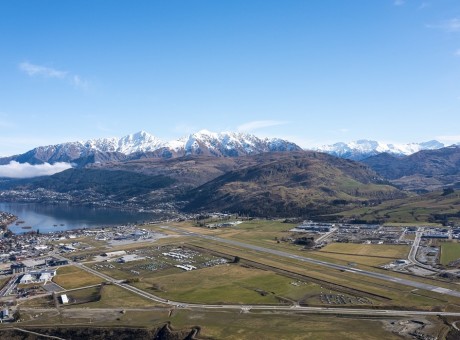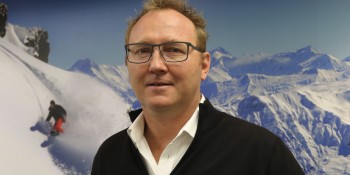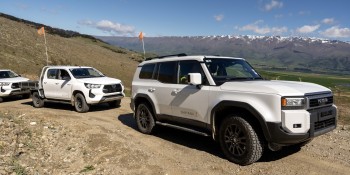Zero Carbon key to Wanaka unity - Chamber boss
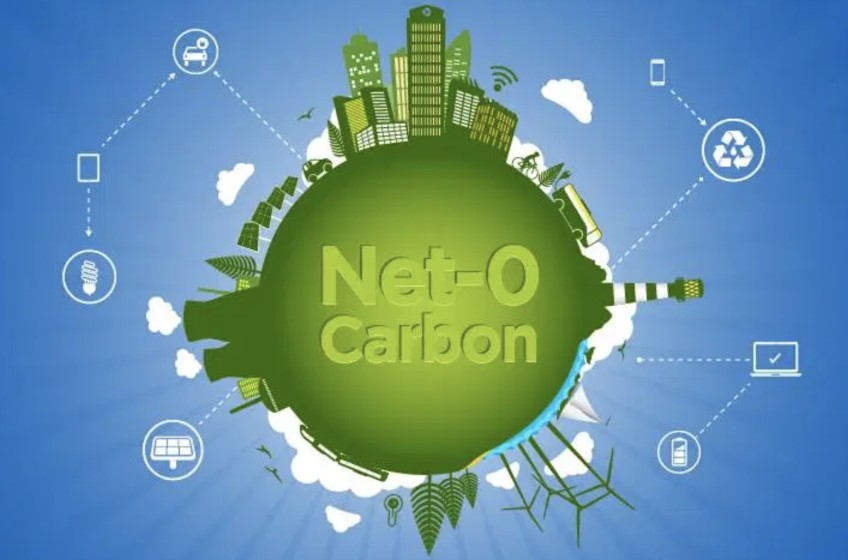
Bridget Legnavsky, Chair of Wanaka’s Chamber of Commerce, reckons we could be the first zero carbon town in New Zealand, if not the world.
With the dust from the election having settled, Legnavsky says the general mood has too, and that it’s time for us to come together with sustainability as our joint mission.
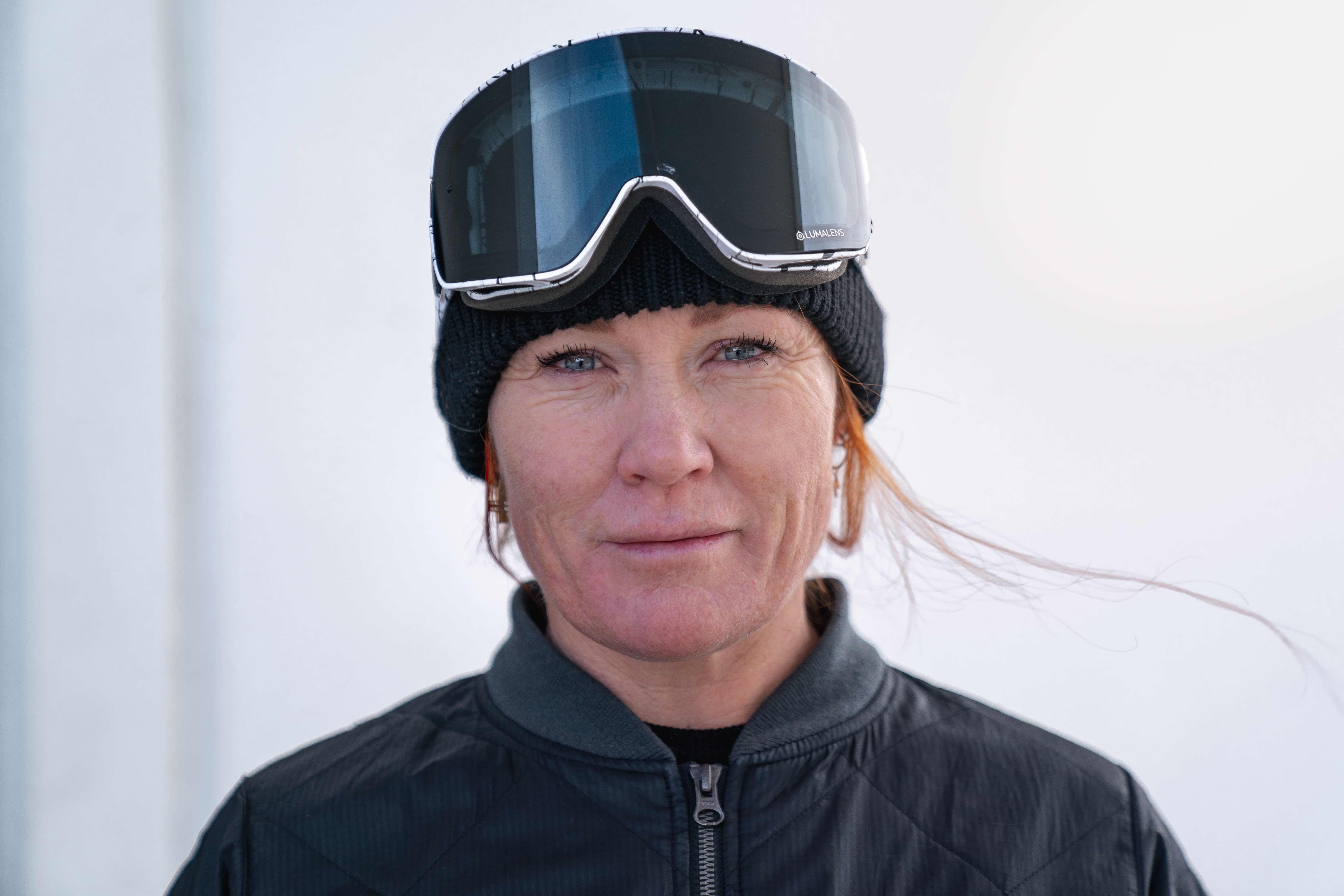
Bridget Legnavsky - Wanaka is different post election after everyone, loud or quiet, has had their say.
“The election’s really interesting, because you’ve got really loud people, but when the votes come in, you can see where it moves to when everybody has a say, quietly and discreetly, without people knowing who’s saying what.”
Legnavsky, as both Chair of the Chamber and General Manager of Cardrona, is a significant figure in the Wanaka community. She says she thinks we’re in a better place now, one where we’re ready to listen to each other more broadly.
The Chamber had its Annual General Meeting last week, and Legnavsky says she got the feeling people were ready to move in a direction where business was celebrated.
“We talked about the Zero Carbon Act being a big thing that we can all get on board with. We have the opportunity to really lead sustainability from Wanaka, it’s just about how we can all network with each other to work closely together.”
Legnavsky says she thinks the Act is brilliant, and in response to any argument of it having no teeth, (like this one) says people would have said the same about the Health and Safety act when it first came out.
“I think it’s amazing that we’ve stood up and said this. It’s an interesting one - we made the call to go single-use free years ago up at Cardrona, and it’s about drawing a line in the sand and making the call. It was really do-able once we just made that goal.”
She’s under no illusions about the complexity of these sustainability ambitions. “There’s going to be some tough stuff with zero carbon - I even look at it professionally and go, ‘The innovation’s not quite there’, but you’ve got to trust it’s coming. And I think it’s going to come really really quickly now.”
“Nobody’s going to be buying an internal combustion engine in the near future. The Zero Carbon Act’s going to push innovation. Maybe people haven’t needed to, maybe it has cost too much, but it’s going to have to happen now.”
Much like compliance with the Health and Safety Act (2016), Legnavsky says the Chamber’s main role to begin with will be making sure businesses understand and comply with the new laws.
“We’ll definitely be bringing speakers and educators in, because that’s a key part of what the Chamber does - helping people learn. So that’s the first part, helping all of our businesses understand what their emissions are. Then it will be how to measure them, and then how to take action to reduce, eliminate or offset them. Then it will be about how to keep up with ongoing measurement.”
She says this movement is something people in Wanaka are really excited about. “We work really closely with ONE New Zealand and there are a whole lot of other people that are working really, really hard at this.”
According to Bridget, one of the most important parts of moving forward in a unified way is communication. “The Chamber works hard at building a great relationship with all the key people - the council, the airport, with all those parties, so that we can actually sit in a room and they’ll listen to us. There’s no point having a relationship if we’re going to fight with each other.”
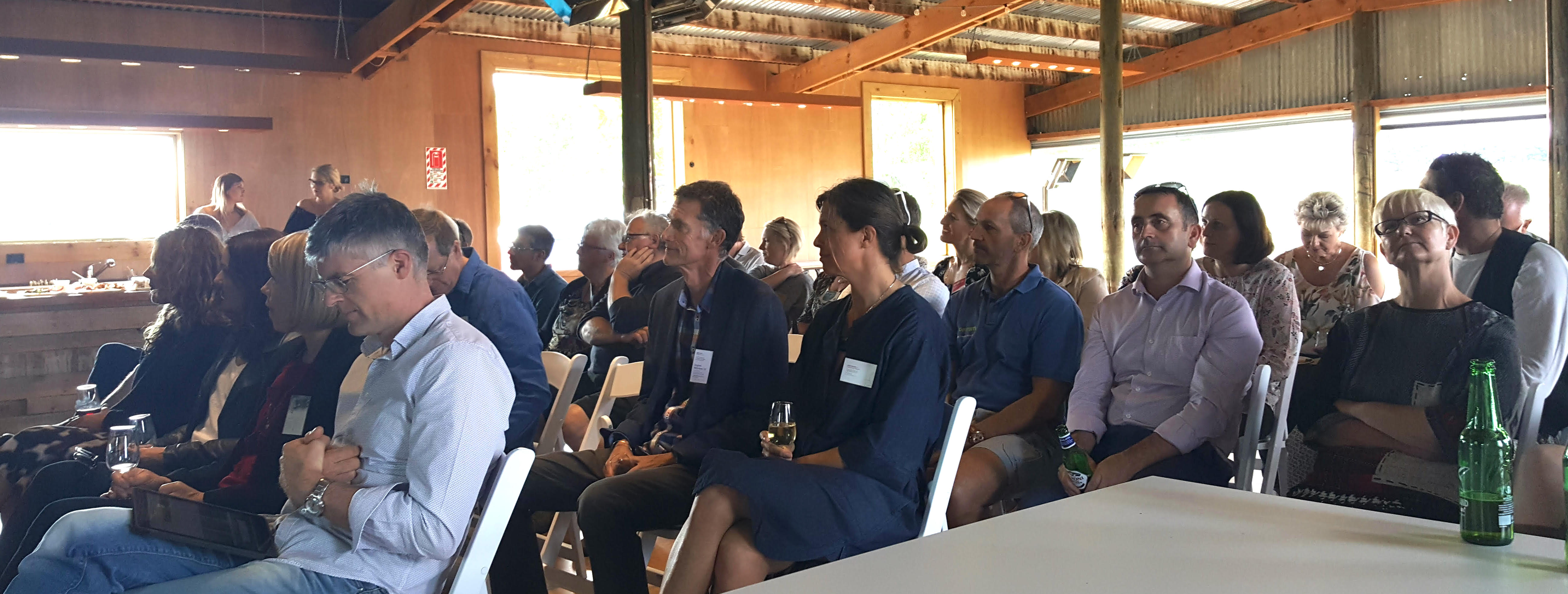
The Wanaka Chamber of Commerce AGM - "Wanaka's growth is coming from people moving here, not tourism."
“And if they’ll listen to us and if we can represent what the business community actually wants, we’re in a much better position to get what we want in the end.”
She says it’s important that everybody has a good understanding of where Wanaka’s growth is coming from - people moving here, not tourism.
“It does worry me, with my tourism hat on that people are so worried about tourism when tourism is clearly going flat, if not backwards. - you can see this from the census that’s just come out.”
However Legnavsky does say that much of the business community is reliant on tourism, and that it’s important that these businesses succeed.
She says this isn’t at odds with the larger sustainability mission, and that actually, the tourism industry is cleaner than people think. “One of the biggest problems we’ve got is a whole lot of cars driving around. If we push electric vehicles they’ll come flooding in, there’s no doubt about that, and that’s going to be a really interesting economic situation for us too, because what happens to all the combustible engine cars, what value do they have?”
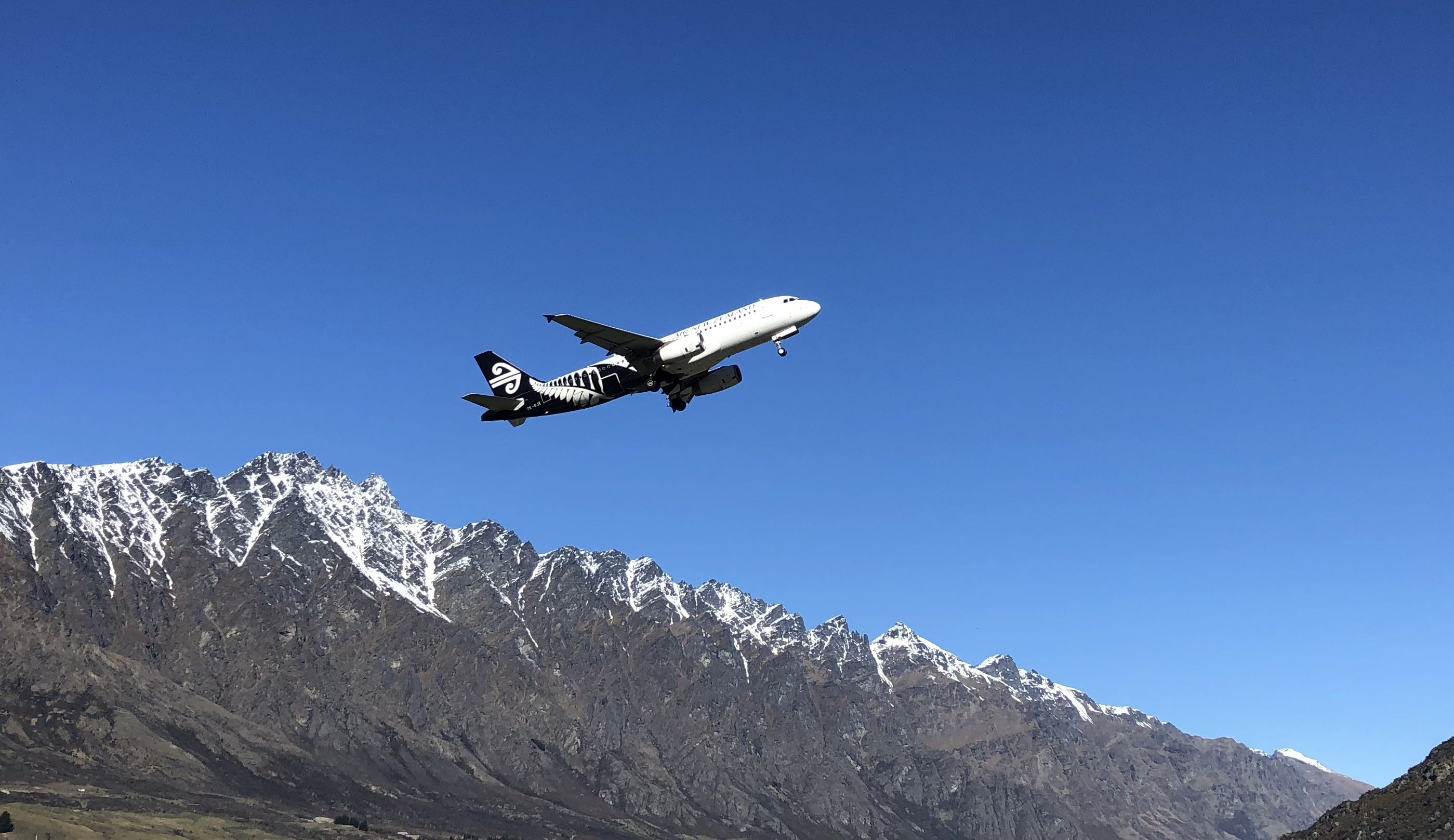
Aviation and sustainability - no answers yet.
While Legnavsky doesn’t have the answers (who does?) for making reducing the impact of aviation, she’s hopeful. “You’ve got to hope there’ll be a solution, whether it’s hydro, whether it’s electric. It might not be in my lifetime, but it will be in the future.”
She says as well as the Act, the Chamber’s AGM was about outlining the five main issues that it continues to navigate through. These were the airport, the spatial plan, the visitor levy, transport and labour.
For the last three, Legnavsky says the Wanaka Chamber is working closely with its Queenstown counterpart. She says the Chamber will be part of a working group that is being put together to help improve and support the region’s labour force.
“A lot of that will be how we get enough work force, how we can drive imigration policy so that it works for us, and developing the skills of employers so they can recruit, attract, pay and find houses for their staff. We’ll also be doing work around helping to settle employees when they arrive in the region.”
She says they’ve got a clear understanding what the issues are that the Chamber faces, and now it’s about taking action. Her real focus, though, was its role in moving Wanaka towards Zero Carbon.
“It sounds easy but it’s actually quite complex, much harder than people think. But it’s exciting for New Zealand. The sustainability thing is such a massive opportunity for our region, and I want everybody to get behind it really positively.”







